It is truly unfortunate that Yuan Yue initially took the lead but eventually lost, and Shang Juncheng’s withdrawal left fans heartbroken; meanwhile, the young Hong Kong player made history.
On the second day of the US Open, Chinese young talent Shang Juncheng had to retire due to a leg injury while behind in the fourth set, still seeking his first victory since returning. Meanwhile, Chinese female player Yuan Yue was defeated by Samsonova after initially taking the lead. Notably, Hong Kong’s Wong Chak-lam made history by advancing to the second round of a Grand Slam singles for the first time ever.
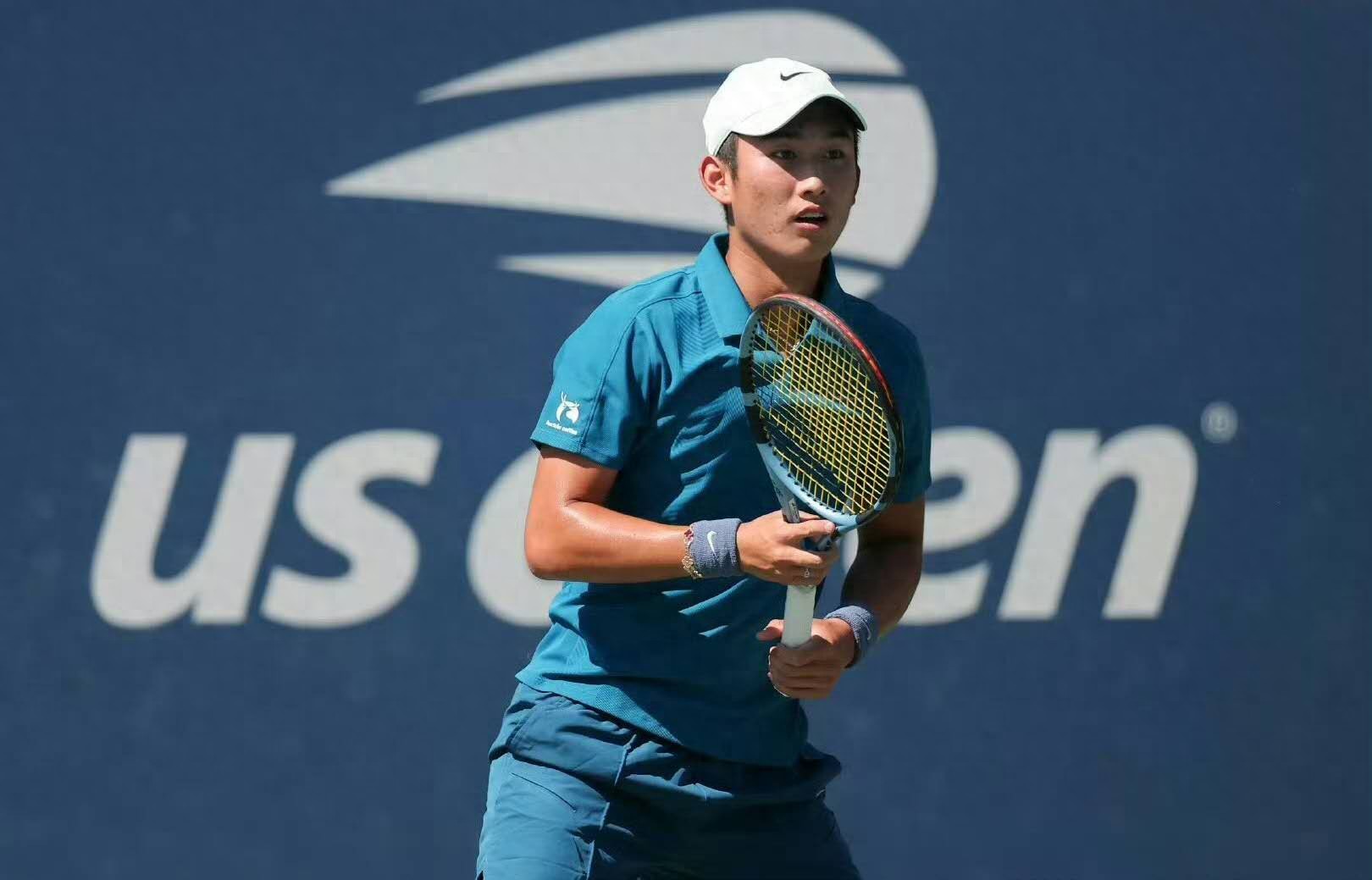
The match between Shang Juncheng and Berrettini was full of twists. Shang fell behind 0-3 in the first set but then rallied to win five consecutive games, leading 5-3. However, he soon lost three straight games to trail 5-6 and finally dropped the first set in a 0-7 tiebreak. After losing the first set tiebreak, the Chinese player strongly bounced back to take the second set 6-1. Yet, as the match progressed, his injury resurfaced, forcing him to retire while trailing 0-3 in the fourth set.
It’s worth noting that this marks the fifth match this season in which Shang Juncheng has lost due to injury, with three of those ending in mid-match retirements. Fans expressed their concerns on social media: “Seeing Shang retire again because of injury breaks my heart! Managing a pro athlete’s schedule and health is truly an art!” Some rational supporters advised: “Hopefully this recurring injury won’t worsen; he should fully recover his right foot before returning to competition.”
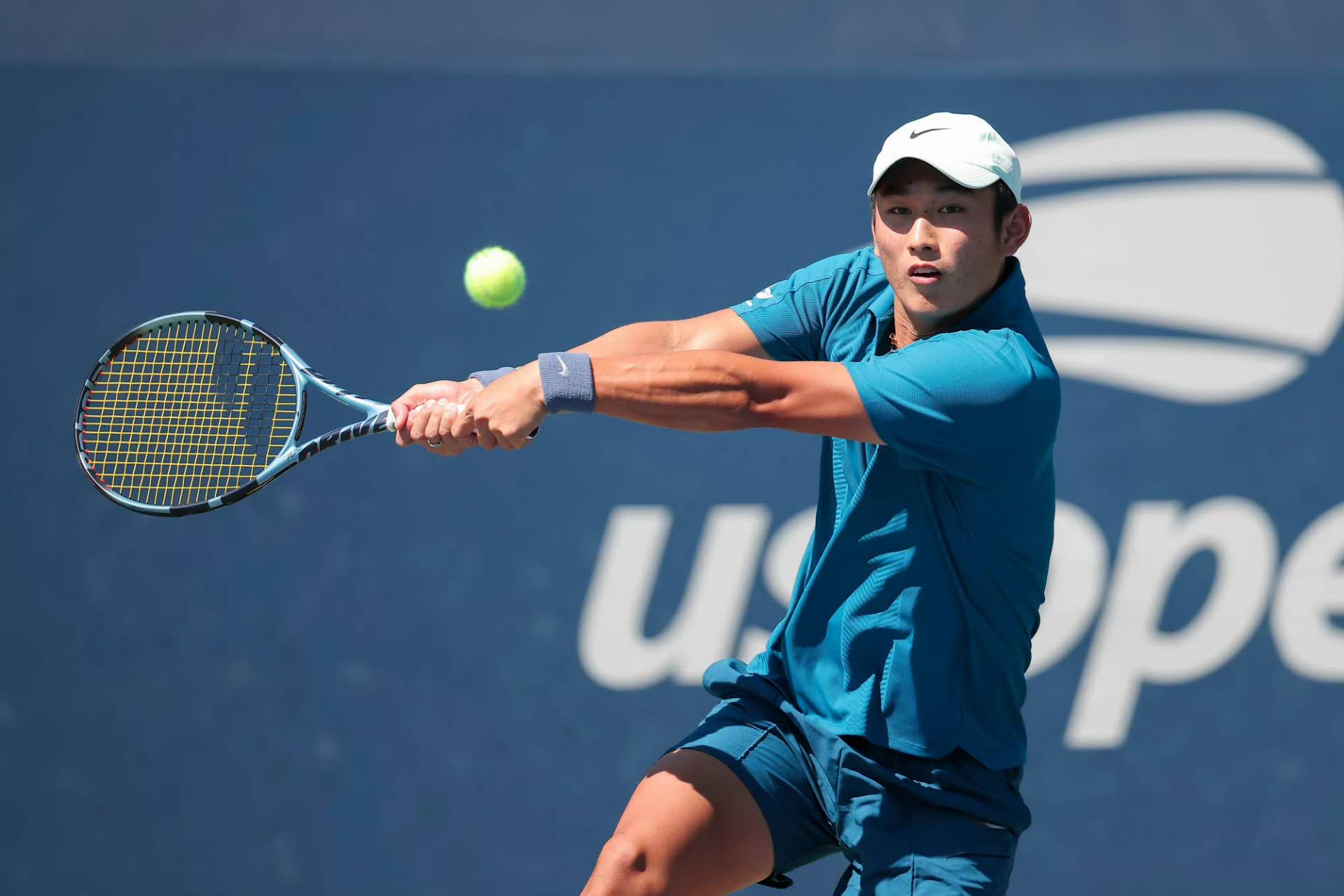
Former national team coach Wang Bin commented in an interview: “Shang Juncheng’s situation highlights the importance of injury management and scheduling for young players. The tennis season is quite long nowadays, so players must learn to balance physical care with competitive form.”
In another match, Chinese female player Yuan Yue faced world No. 20 Samsonova. Ranked 100th, Yuan started strongly, breaking serve multiple times to take the first set 6-2. However, the momentum shifted as Samsonova won the next two sets 6-4, 6-4, eliminating Yuan with a final score of 2-6, 6-4, 6-4.
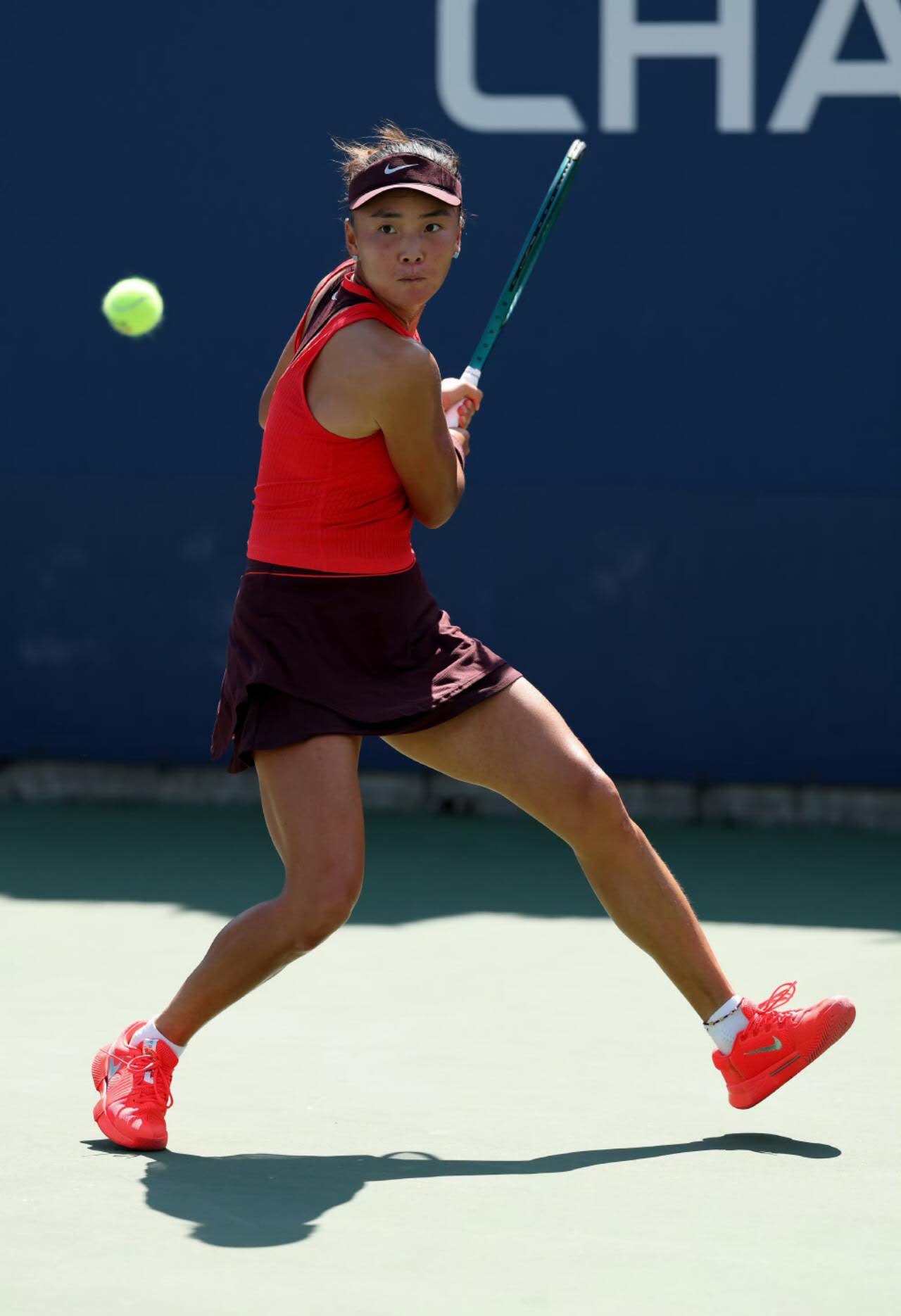
During the match, Yuan had several chances, especially in the second set where she broke Samsonova’s serve in a game to close out the set, narrowing the score to 4-5, but ultimately couldn’t turn the tide. In the deciding set, after a tight battle up to 4-4, Yuan lost the critical ninth game and was defeated. This first-round exit also marked Yuan’s tenth consecutive loss in Grand Slam main draws.
Despite the loss, Yuan Yue’s performance received high praise from the tennis community. Renowned commentator Zhang Te wrote in his column: “Although Yuan lost today, competing so closely against a top-20 player proves her strength. Chinese players need to learn how to convert their advantages into victories, especially in crucial moments of major tournaments.”
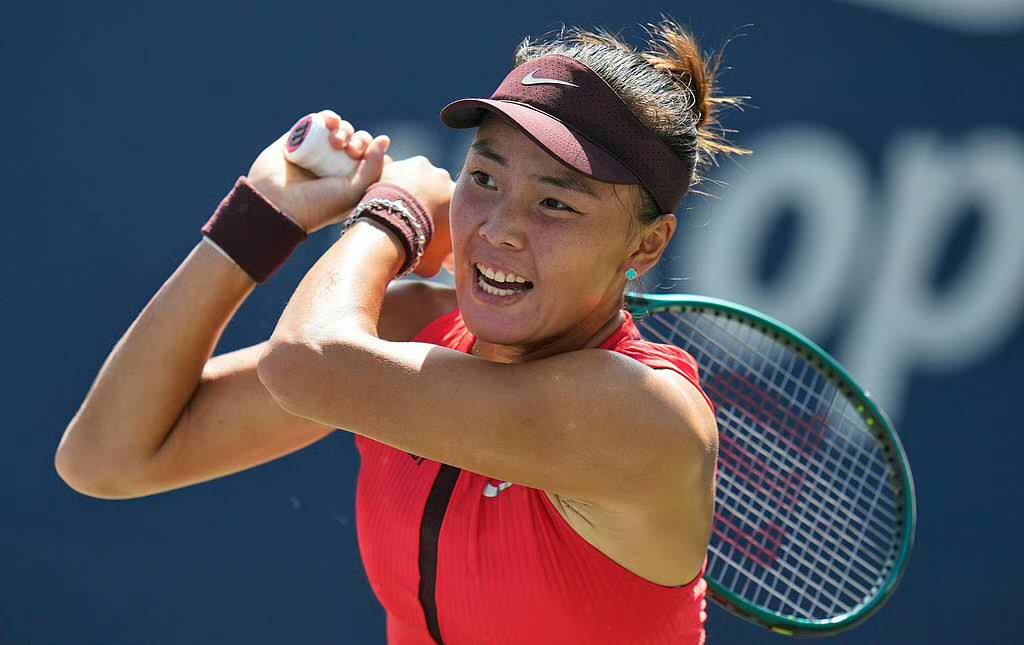
Amidst the string of defeats, Hong Kong’s Wong Chak-lam brought a pleasant surprise. Coming through the qualifiers, Wong defeated Kovacevic 6-4, 7-5, 7-6(4), becoming the first player from Hong Kong in the Open Era to win a Grand Slam men’s singles main draw match, making history.
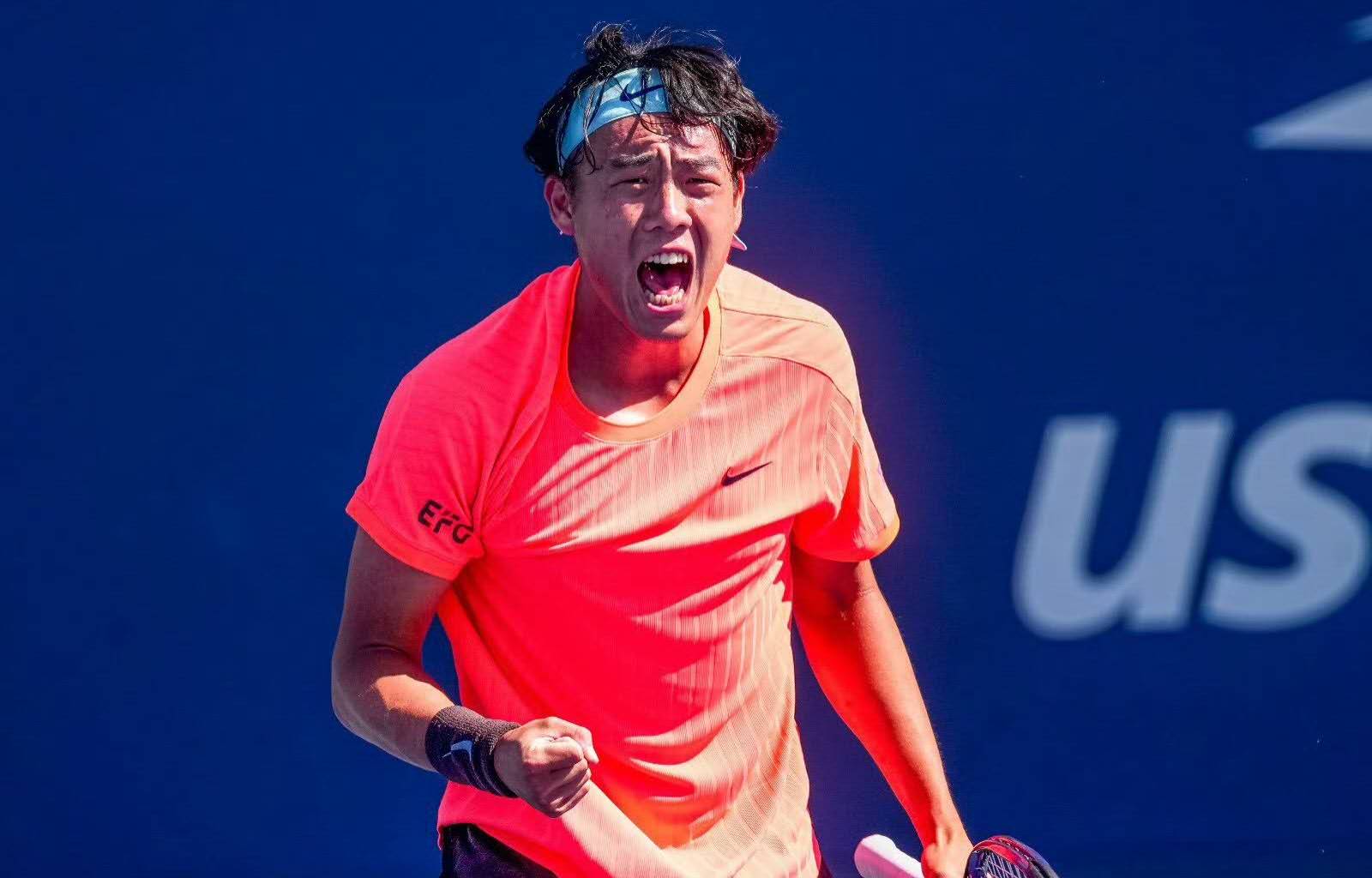
Since the US Open began, aside from Wong Chak-lam, all six Chinese players have been eliminated in the first round, a rare occurrence in recent years.
Netizens have shared mixed reactions to the Chinese players’ performances. One commented: “It’s disappointing to see so many Chinese players exit in the first round, but Wong’s victory brings some joy. Yuan Yue’s loss is a pity—she played so well in the first set but seemed to run out of energy later. Shang Juncheng’s injury issues must be taken seriously; he’s so young and shouldn’t let injuries ruin his career.”
Other fans offered a more rational view: “There’s no need to be overly pessimistic. Facing tough opponents in the first round is common in big tournaments. The key is to learn from these matches. Chinese tennis is still developing, and we need to give young players more time and patience.”
The journey of the Chinese tennis team at the US Open is not over yet, as other players will continue to compete. Fans are hopeful for good news in the upcoming matches.(Source: Tennis Home, Author: Lu Xiaotian)







 Links
Links
 Contact
Contact
 App
App


